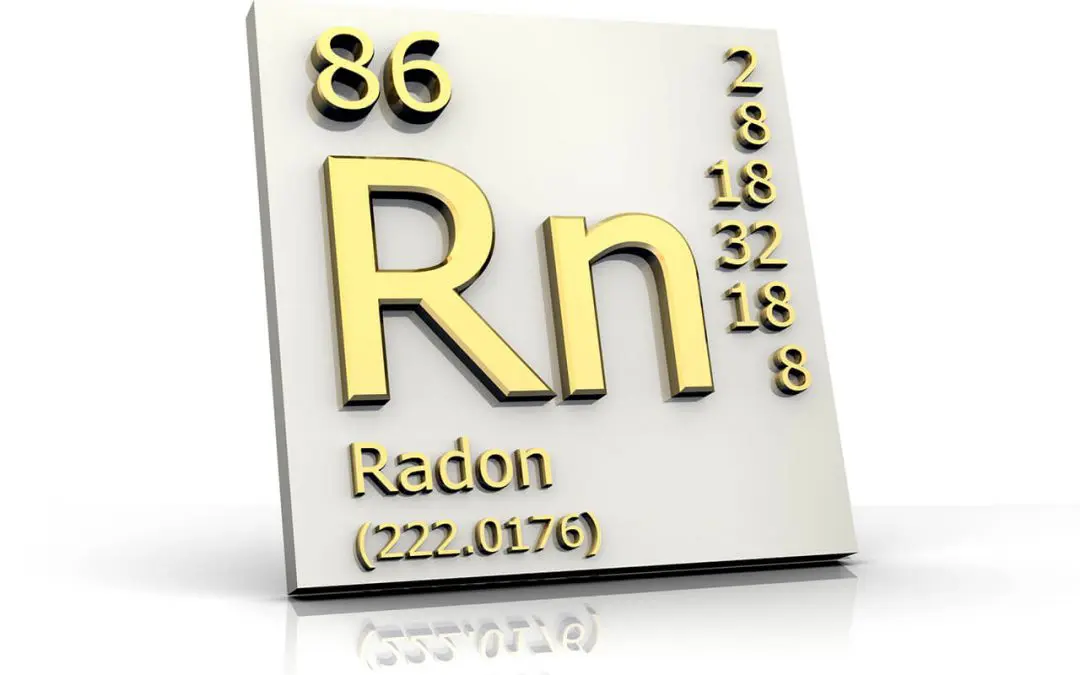January is National Radon Action Month. While there are many environmental factors that can contaminate the air inside your home, such as mold and volatile organic compounds, radon is one of the most dangerous.
There are 21,000 deaths a year related to radon in the United States alone. This statistic shows why it is so important to have your home tested for radon and have it mitigated if the levels are unsafe. Read on to learn more about radon in the home and what to do about it.
The Health Risks of Breathing Radon in the Home
Radon is present at some level in most homes. When it becomes concentrated in the indoor air, it becomes harmful to the lungs. Breathing radon in the home for a long period of time has been proven to cause lung cancer. Lung cancer is one of the most aggressive and hard to cure cancers. Finding out the levels of radon in your home will help protect your family from this dangerous gas.
Step 1: Test the Home’s Radon Levels
The first step to the solution is simple: find a trained professional to test your home for radon. While it is true that DIY tests are available, having a professional perform the test provides more accurate results. When dealing with a matter as important as your family’s health, you should eliminate room for error.
Step 2: The Results
A professional radon tester will be able to analyze the results of the test and make recommendations to make your home safe for your family. The EPA says that you should take action against radon in the home if the test reads 4 picocuries per liter (4 pCi/L) or higher.
Step 3: Hire a Radon Mitigator
If the results say that your levels are at or above the EPA action level, find a qualified radon mitigation company to bring the radon in the home down to a safe level. Radon mitigation may include installing a radon mitigation system to draw the radon out of the home and ventilate fresh air in. It is also important to fix the areas where radon is entering the home so the levels don’t build up again in the future.
Step 4: Retesting
Once the mitigation process is complete, it is still important to test and monitor radon levels continuously over time. Stay in contact with your radon tester and have him or her return every year to retest the home. Many radon mitigation companies offer a warranty for their services so that if the radon levels go back up, they will come back and mitigate again.
Jones and Cooper Home Inspections provides radon testing and other home inspection services to Metro Louisville. Contact us to schedule an appointment.

